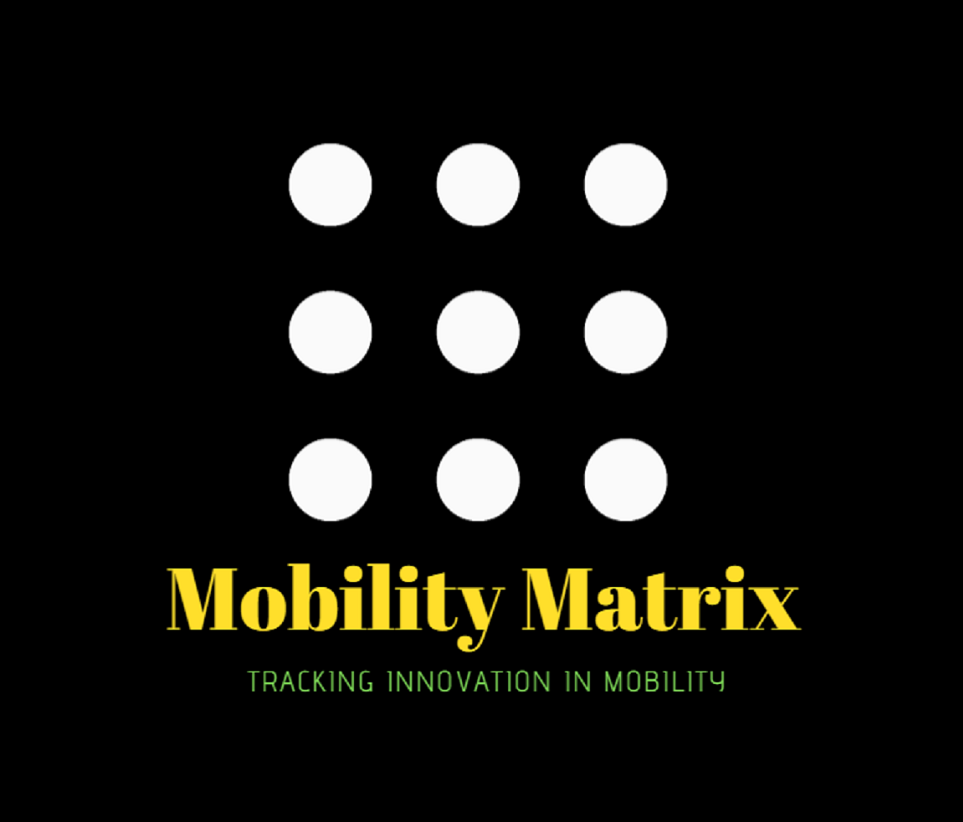Following are the major developments that took place this week in the field of autonomous vehicles.
Waymo opens its driverless service to the general public in Phoenix
Waymo for the past year was offering its self driving car service to a select group of riders but now the company is allowing the general public to get rides in its driverless autonomous vehicles in Phoenix. The vehicles will be serving in an area of 50 square miles in the city and there will be no backup driver in the car. However the number of such vehicles operating has not been specified by the company. There are also plans to expand the service into California,according to news reports.
Volvo files patent for technology allowing variable driving position
Volvo has filed a patent that will allow the vehicle to switch from left-hand to right-hand drive, or any position in between. The steering wheel will be an electronic steer-by-wire system that can move along a rail in the dashboard from one side to the other. The patent filed with the USPTO may find its use on autonomous vehicles where a driver can have manual control without being seated in the conventional driver’s seat.
EPFL testing self-driving delivery service
EPFL, a research institute and university in Lausanne, Switzerland will test self-driving delivery service in its campus. The research project – called ADORE, for Autonomously Delivered Orders from Restaurants at EPFL – is designed to explore the various aspects of self-driving technology: robotics, computer science, mechanical engineering, telecommunications and interactions with road users. It’s being coordinated jointly by the EPFL Sustainability office and the Catering, Shops and Hotels unit.
The delivery van is an electric-powered delivery van is 1 meter wide, just under 3 meters long and 1.8 meters high. It’s equipped with over 15 sensors, 5 cameras, a touch screen and a satellite antenna that employs new technology allowing the vehicle to be continuously located. It can’t carry passengers, but can carry food and other goods in its 11 side boxes, which are locked with a code. Although the van can theoretically travel at up to 50 km/h, its speed will be capped at 6 km/h on campus and a student will always accompany it.
ServCity aims at deploying cutting-edge autonomous vehicle technology in complex built-up environments.
ServCity, the UK’s newest autonomous mobility service research project, has launched this month to help cities solve how they can harness the latest autonomous vehicle technologies and successfully incorporate them into a complex urban environment.
ServCity will inform how cities can exploit the potential of future mobility solutions and accelerate their deployment through a combination of test simulation, end-user experience research and real-world trials. Concentrating on the three key areas of technology, people and scalability, ServCity aims to ensure the user experience is as intuitive, inclusive and “engaging” as possible.
ServCity is jointly funded by government and industry, the government’s £100m Intelligent Mobility fund is administered by the Centre for Connected and Autonomous Vehicles (CCAV) and delivered by the UK’s innovation agency, Innovate UK. Over 30 months, five partners – Nissan, the Connected Places Catapult, TRL, Hitachi and the University of Nottingham – will work together to develop a blueprint that directly tackles the barriers to deploying autonomous vehicles in the UK’s cities.
Einride launches next-generation Pod
Einride has launched the next generation of its Pod. The new Pod, according to the company, features a refined design, making it more aerodynamic and functional but also preparing it for wide-scale production and commercialization. The Pod has no driver’s compartment and there is a proprietary methodology for describing the use cases for Autonomous Electric Transport (AET).
The AET classification system ranges from levels 1 to 5, and levels 1 to 4 are available for pre-order based on individual business needs. AET 1 (Fenced) is ideal for closed facilities with predetermined routes that are best suited for fully-autonomous operation. AET 2 (Nearby) includes closed facility operation, but adds the capability to traverse public roads over short distances between destinations. Both AET 1 and 2 Pods are available for reservation now, and will begin shipping to customers starting next year.
AET 3 (Rural) allows operation on backroads and less busy main roads between facilities, at a maximum operating speed of 45 km/h. Finally, AET 4 (Highway) includes fully autonomous operation on freeways and other major roads at up to 85 km/h. Levels 3 and 4 are available for pre-order, and will ship to customers in 2022-2023.
UK’s lab to trial driverless cars using 5G and satellite technology
UK’s first commercial lab – the Darwin SatCom Lab, backed by funding from the UK Space Agency, and based at the Harwell Science and Innovation Campus in Oxfordshire – will invite businesses to test driverless cars and use 5G and satellite technology to trial ways of keeping vehicles connected. The lab forms part of Project Darwin – a four-year programme backed by the UK Space Agency and the European Space Agency.
VSORA unveils PetaFLOPS computational platform
VSORA, a provider of silicon intellectual property (IP) solutions for artificial intelligence, digital communications and advanced driver-assistance systems (ADAS) applications, has unveiled the first PetaFLOPS computational platform to accelerate Level 4 (L4) and Level 5 (L5) autonomous vehicles designs. The programmable solution, delivered as an IP block called AD1028, combines digital signal processing (DSP) and machine learning (ML) acceleration for the autonomous driving industry. According to the company, its powerful multi-core DSP and AI architecture eliminates the need for DSP co-processors and hardware accelerators to provide a level of flexibility.


